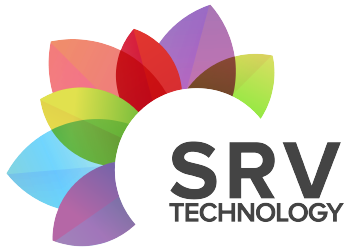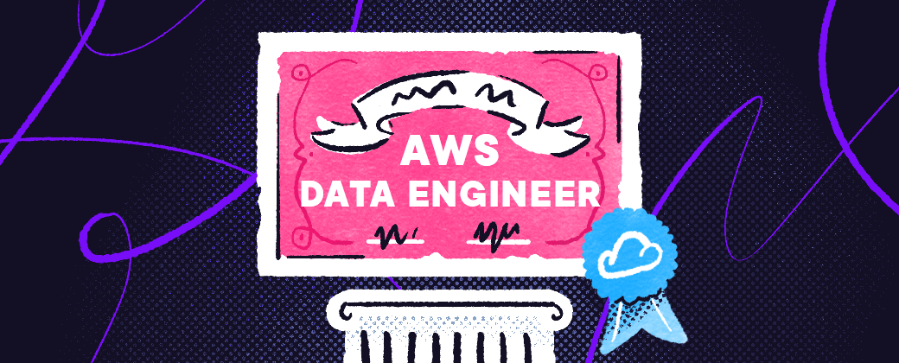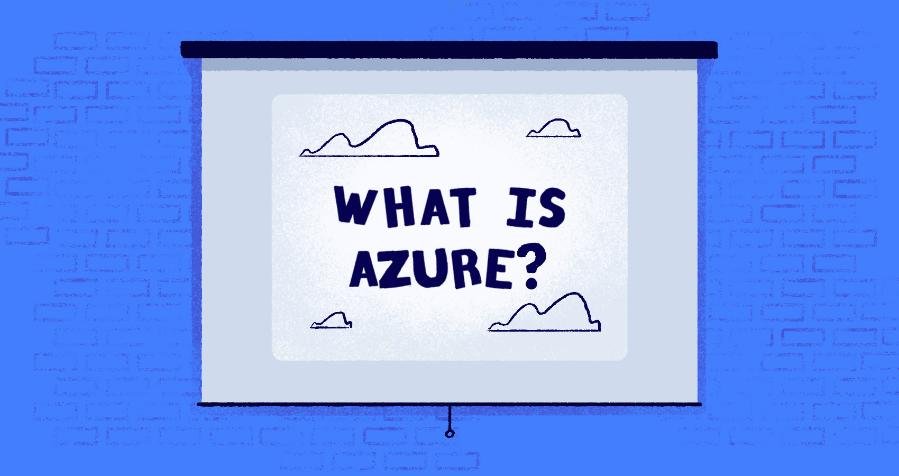Data engineering is a hot field in 2024, and AWS's latest certification reflects it. Here's the details on what you need to know about the DEA-C01.
If you’ll let us be indulgent for a moment, there’s nothing sweeter than nailing a tech prediction.
Less than a month ago, we forecast there would be a spike in demand for data engineering to support AI initiatives. And lo and behold, Amazon has launched its new AWS Certified Data Engineer - Associate certification, citing the rising demand for “data engineers, data analysts, and data scientists across every industry.” The exam will be available from March 12, 2024.
Cue the crystal ball mic drop.
The underlying news here is that being a data specialist is a hot profession in 2024. According to the World Economic Forum, by 2025, about 463 exabytes of data are projected to be generated globally every day. Businesses want to extract insights from this data using AI, but if this data is all over the place, they can’t get business value out of it. Unfortunately, there’s been a global shortage of data engineers for the last two years, and demand is skyrocketing.
Hence the new AWS Data Engineer cert to draw people to this discipline, and save the day. For aspiring data specialists, you get to do the saving — and hopefully negotiate a strong salary while you’re at it. In fact getting your AWS Certified Data Engineer - Associate is a great step towards brokering that.
All about the AWS Certified Data Engineer - Associate (DEA-C01)
If you’ve got eight minutes, I’d highly recommend watching this video by AWS certified training architect David Blocker which breaks down everything you need to know about the exam. But if you’re more into reading rather than listening, you can find the same information down below.
What should I expect in the DEA-C01 exam?
In this exam, you need to answer 85 detailed scenario-based questions across the course of 170 minutes. The questions are all multiple choice or multiple response:
- Multiple choice: Has one correct response and three incorrect responses (Distractors)
- Multiple response: Has two or more correct responses out of five or more response options.
Are there any prerequisites for the DEA-C01?
None at all. AWS recommends you have two to three years of experience in data engineering, and at least one to two years of AWS experience. However, with enough study and hands-on experience, you could take it regardless.
What are the exam domains for the DEA-C01?
- Domain 1: Data Ingestion and Transformation (34%)
- Domain 2: Data Store Management (26%)
- Domain 3: Data Operations and Support (22%)
- Domain 4: Data Security and Governance (18%)
For a full breakdown of these domains, check out AWS’s official exam guide.
What are the key services I should know going into the exam?
1. AWS Glue
AWS Glue is the most widely covered service on the exam. Glue is a fully managed serverless data integration service that can catalog data from many services and deliver them to your data lake or data warehouse. You can also query catalog data directly as a single source.
For this exam, you’ll need to be very familiar with AWS Glue, including Glue crawlers, jobs, workflows, Glue Studio, and Glue DataBrew.
2. Amazon Redshift
Amazon Redshift is a fully managed, petabyte-scale data warehouse service in the cloud. Redshift can be used to gain business insights on vast amounts of data moments after it’s uploaded.
For this exam, you’ll need to understand Redshift clusters, Redshift security, Redshift Streaming Ingestion, Redshift Serverless, and Redshift Spectrum.
3. Amazon Athena
Amazon Athena is an interactive query service designed to easily analyze data stored in your S3 buckets. With Athena, you can run ad hoc SQL queries against structured, semi-structured, and even unstructured data. You can even query Glue data catalogs and use Athena as a source for data visualization in Amazon Quicksight. Athena is fully serverless, and a great solution if you want to run ad hoc or infrequent queries against data that resides in S3.
For this exam, you’ll need to understand Athena Integrations, Athena Notebooks, and how to leverage query results. You’ll also need to know when to use Athena over Redshift, and how to create new tables from the results of Athena queries.
4. Amazon S3
An oldie but goodie, Amazon S3 is all over the exam, which is unsurprising given it’s the foundation of data storage on AWS.
In addition to its interactions with other services, you’ll need to know S3’s features inside and out. You’ll also need to know about data security and encryption, S3 storage classes, Data Lake management, and how to use S3 endpoints in your VPC.
5. Amazon EMR
Amazon EMR, or Elastic MapReduce, is a big data solution for transforming and analyzing petabytes of data. EMR can integrate with multiple data sources, and leverages open source tools like Spark and Hive to perform data workloads.
You’ll need to know when it’s more appropriate to use Glue, how to achieve cost savings, and how to create a hive metatable in EMR.
6. Lake Formation, Kinesis Data Streams, Step Functions
These are all services that are heavily featured in the exam, so you should also be familiar with these before you decide to sit it.
Does this new exam replace the existing AWS Data Analytics - Specialty?
Yes. The AWS Data Analytics - Specialty will be retired in April of 2024, but you can still take it up until this date.
How much does the DEA-C01 exam cost?
The exam costs $150 USD. You’ll want to check the official exam pricing page for additional cost information, as well as foreign exchange rates.
What learning resources are available for the DEA-C01?
Besides the AWS Data Engineer - Associate exam guide, we recommend using Pluralsight’s Data Analytics - Specialty course as a foundation, and then following up with the materials around Lake Formation and AWS Glue. Alternatively, you can wait for Pluralsight’s new Data Engineer - Associate course coming soon in 2024.
- AWS Certified Data Analytics - Specialty (DAS-C01)
- Performing Real-Time Data Analysis with Amazon Kinesis
- Using AWS Step Functions to Categorize Uploaded Data
Conclusion: Getting your DEA-C01 is a great career move
If you’re interested in data engineering, getting your AWS Data Engineer - Associate is a worthy endeavor. Data’s going to be the backbone of the AI revolution, and so whoever is in charge of it holds the keys to driving business value.
On our side of things, we’re going to wait to see how soon the other predictions we’ve made for 2024 come true. Personally, I’ve got my fingers crossed for an AWS Machine Learning - Associate or AWS AI Practitioner, but the Data Engineer is a worthy addition in the meantime.
source: pluralsight.com





.jpg)




.jpg)